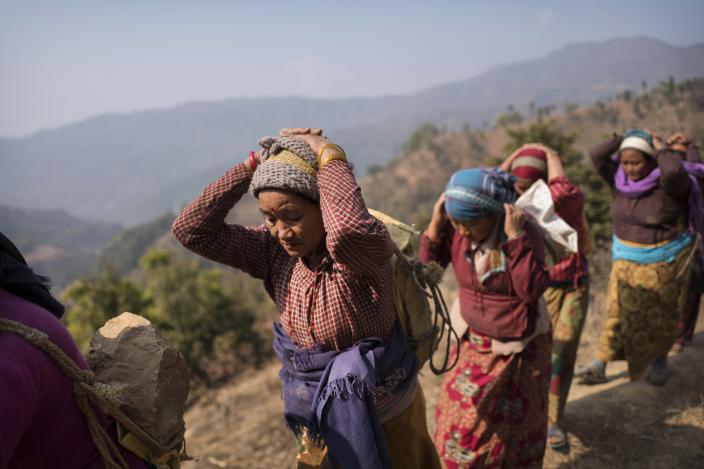The number of people affected by disasters has almost doubled over the past decade and is expected to keep rising. Apart from the increasing frequency and severity of natural disasters, reported weather-related disasters have increased by 233%% since 1980, where records are available. Smaller localized disasters continue to account for a large proportion of disasters' total impact, compounded with the fact that 80%% of people affected and 83%% of people injured are often unreported, much less supported. Intertwined with fragility, confict, and weak governance, food security crises are becoming more protracted and severe. Over the last decade, there has been little appreciable increase in women’s participation or in the inclusion of women’s rights issues in peace agreements since UN Resolution 1325 was passed in 2000.
Despite these, the potential for economic growth, wellbeing, and innovation in Asia is realizable more than ever. Asia is young, with the biggest segment of the population being citizens of “productive age”. It is a center of commerce and innovation, especially in the felds of disaster risk reduction (DDRR) and climate change adaptation (CCCA). Asia could and must lead the world to a new era of shared prosperity by reducing disaster impacts, holding true to the Sustainable Development Goals (SDG) 2030 call to “Leave no one behind”. Against this backdrop, Oxfam supports the 8th AMCDRR and aims to work side by side with ministers, organizations, and other actors to prioritize the following calls:
- Invest in programs that will make local humanitarian leadership a reality
- Promote social protection as an approach to reduce vulnerabilities to risk and foster sustainable development
- Boost disaster risk financing (DRF) to reduce risks and vulnerabilities, and to protect social, economic, and business infrastructures amid worsening and intensifying disasters
- Define a clear urban risk reduction agenda
- Push for transboundary DRR action plans in Asia to respond to protracted conflict and displacement
- Identify how international frameworks can be concretely integrated and financed
- Focus on executing the Sendai Framework instead of getting drawn into unremitting planning
- Ensure that governments and other bodies are accountable for DRR
- Safeguard the interests of the most vulnerable people, especially women and girls
- Integrate disaster risk reduction into CCA and development strategies
Download your copy of the Oxfam Statement on this page.

